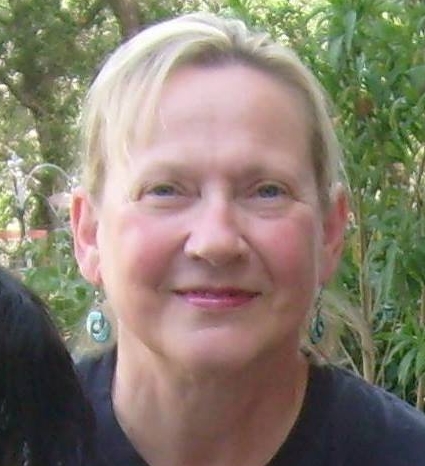A community of love does not dissolve when its size expands or contracts. It does not cling to the friends it has made and defend itself against strangers or charge admission or check people’s credentials. It does not cease from exploring the experience of love it began from and which it eventually leads to, a peak from which one sees the boundlessness of love.[ . . .]
Just as we don’t measure progress in meditation by results or feelings so the growth of a community of love is personal, interior not statistical. Learning this is perhaps what the growth of a community of love really means—that the inner and the outer obey the same laws. [. . . .] A community of love demands much work, as does the inner work of meditation, but its mystery is seen in grace, as the free gift of the spirit who starts the work from the beginning and sees its completion in the eternal present. It is this work of the spirit that we celebrate.
After meditation: Rumi, “Two Kinds of Intelligence” in THE ESSENTIAL RUMI, tr. Coleman Barks (Edison, NJ: Castle Books, 1997) p. 178.
There are two kinds of intelligence: one acquired,
as a child in school memorizes facts and concepts
from books and from what the teacher says,
collecting information from the traditional sciences
as well as from the new sciences.
With such intelligence you rise in the world.
You get ranked ahead or behind others
in regard to your competence in retaining
information. You stroll with this intelligence
in and out of fields of knowledge, getting always more
marks on your preserving tablets.
There is another kind of tablet, one
already completed and preserved inside you,
a spring overflowing its springbox. A freshness
in the center of the chest. This other intelligence
does not turn yellow or stagnate. It’s fluid,
and it doesn’t move from outside to inside
through the conduits of plumbing-learning.
This second knowing is a fountainhead
from within you, moving out.





